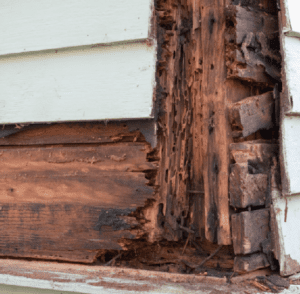How Prevalent Are Foundation Problems in Homes?

Foundation Damage as Very Common Problem for Buildings and Homes
If you’re concerned about the health of your foundation, you may be wondering whether or not your foundation is at risk for foundation damage. Unfortunately, Dallas and Fort Worth area residents, along with home and business owners throughout North Texas are at an extremely high risk of experiencing some degree of foundation damage. Different factors that affect our region make foundation damage a very common problem for buildings and homes. Here’s a look at some of the factors that can determine the prevalence of foundation problems.
Foundation Type
Most homes in North Texas are built on slab foundations, which are large, flat concrete surfaces that only penetrate into the ground a few feet. While slab foundations are typically stable and safe, they do not provide the amount of protection provided by pier and beam foundations, which are supported by piers buried deep underground. These foundations are much less sensitive to changes in the soil, which means greater stability.
Soil Composition
The soil in North Texas is primarily composed of clay, which is an extremely expansive soil. Expansive soils are very reactive to the presence of water and will shrink and expand quickly as the water content of the soil changes. Homes built on expansive soils are more likely to experience foundation damage because of the constant shifting, shrinking, and expansion of soil around the foundation.
Water Content
Finally, the amount of water in the soil around your home’s foundation will also affect its health. The more water in the soil around a foundation, the greater the amount of pressure pushing against the foundation. Too much pressure can force the foundation to collapse on itself, while too little pressure can cause the foundation to shift out of place. The effect of water is magnified in expansive soils that are even more reactive to the presence or absence of water.
To learn about the impact of these and other factors on the health of your foundation, contact Structured Foundation Repairs, Inc. today. Visit us online or call 972-484-1200.
